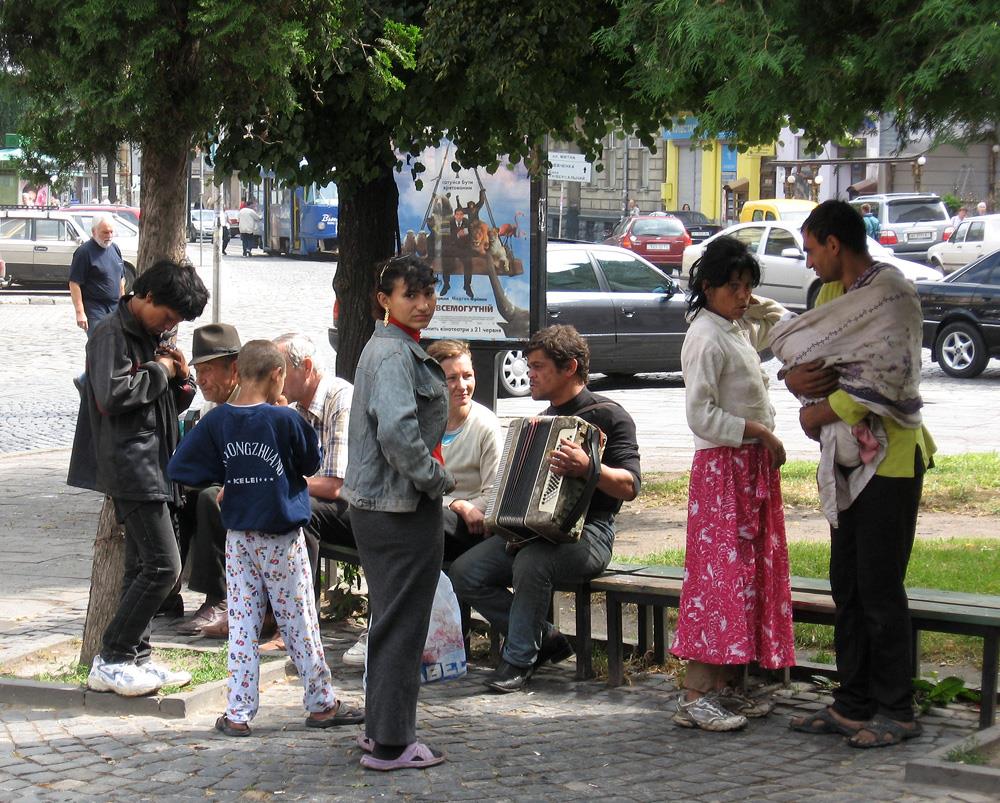

IDN hosts Green Job Creation Workshop in Kosicè
Together with project partner ETP, IDN hosted a workshop on Green Job Creation for unemployed Roma People on the 15th of August, 2017.
The workshop was part of a bilateral project between ETP and IDN funded by the EEA & Norway Grants. The event hosted experts within the field and relevant stakeholders in the region were present. The project has researched best practice project throughout Europe when it comes to job creation and empowerment of disadvantaged groups, an analysis of the situation in Slovakia and potential for setting up and running projects there in the future. The workshop presented the results from the project and already existing initiatives in the region.

Read the best practice report.
Read the summary of the Slovak report.
Roma is one of the biggest ethnic minorities in the European Union (with an estimate of 10-12 million people living in different EU countries /2010/), but Slovakia as well (with an estimated 9% of total population in the country /2010/ present Roma people, while 74 000 of them are living in segregated communities with deplorable living conditions).
Roma still is the most excluded group both socially and economically, mainly due to:
- The low educational levels (only 2 out of 100 Roma people in segregated communities are high school graduates, the low secondary education prevails in the community), and in many cases they are absolutely or functionally illiterate,
- Reduction of their traditional activities and the existence of prejudice and stereotypes and discrimination at the labor market.
According to the EU, 50% of the Roma population is under 18 and birth rates are high, resulting in a large proportion of young people and children. These characteristics, combined with the market practices (e.g. discrimination by employers and employees, limit job offers), low working skills&habits but also higher unwillingness for long distance travel to work help on maintaining a high level of marginalization of Roma in the labor market.
However, demographic changes ought to be seen as an opportunity. The Roma have a higher activity rate than the general population (13 points difference in Spain, for example) and earlier active life.
A young, dynamic, growing and productive Roma workforce can be an asset for the EU’s aging population and environmental challenges, provided adequate measures are implemented to facilitate their active participation in a competitive, capital intensive and knowledge-based economy, which is the hallmark of the Europe 2020 Strategy. New local waste treatment solutions engaging Roma community are seen by project partners as one of the promising solutions to realize the strategy.
Examples of sectors that hold the promise of the green jobs of the future include:
- Delivering improvements in energy and resource efficiency, particularly in the building sector (new and existing built stock), but also industry and transport;
- Renewable energy (including biofuels and renewable technologies);
- Sustainable mobility (i.e. mass transportation);
- Waste management and recycling of raw materials;
- Eco-industries related to pollution control (air, water, waste, site decontamination, noise)
- “Eco-friendly” services (conservation, ecotourism, etc.).




